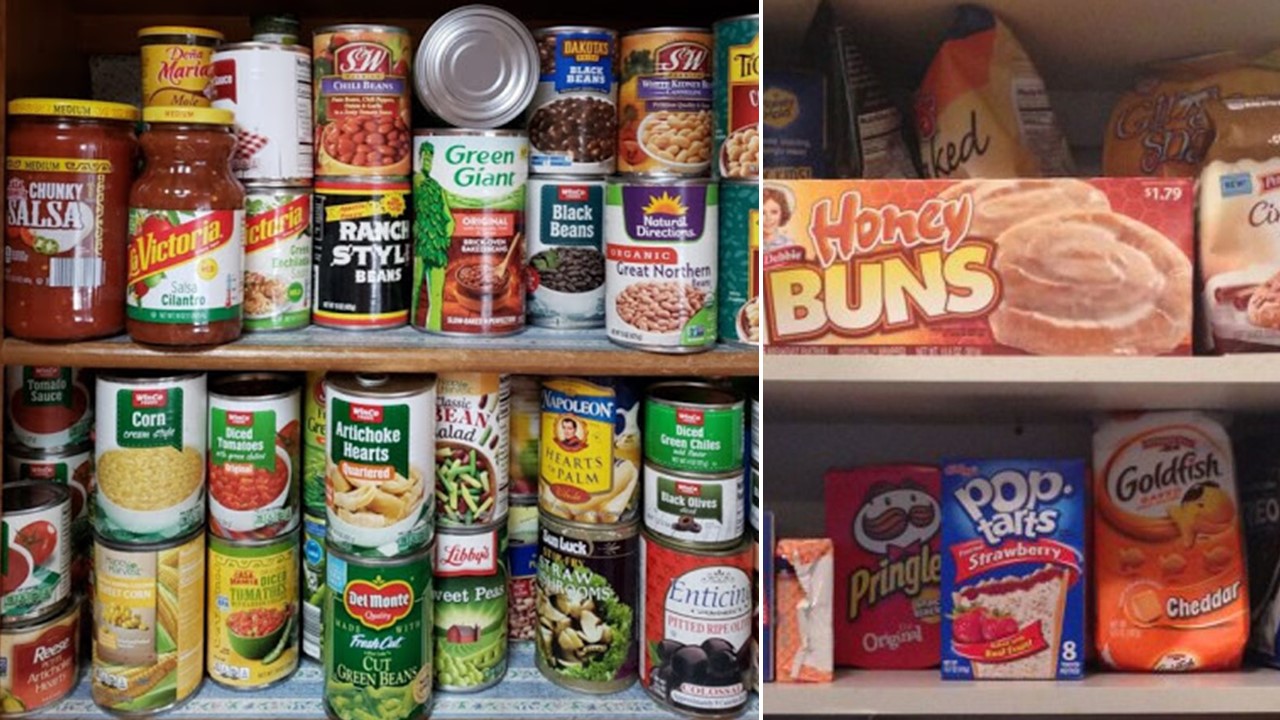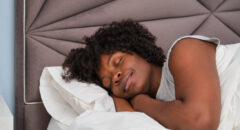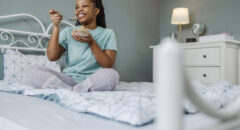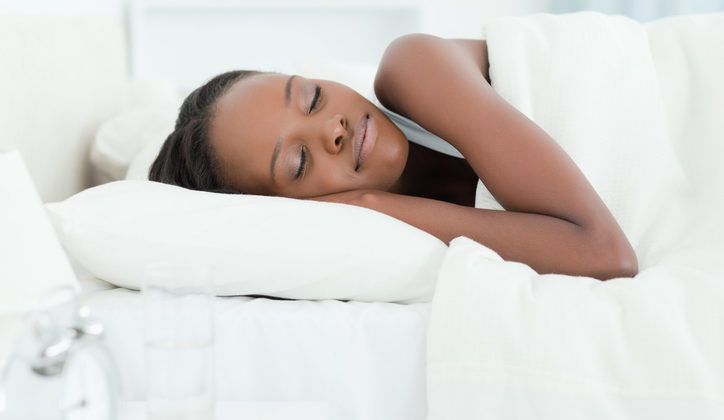
In today’s times, it may be hard to get a good night’s sleep. So much is going on. The Insurrection at the Capital. The Pandemic. The Economy. When you do get a good night’s sleep, it is such a pleasure. You wake up feeling rested, feeling calm, feeling rejuvenated, ready to take on the day. That is no coincidence.
Sleep is one of the most undervalued health powerhouses for the body and the brain that we have and can, to a large extent control. The medical community has awakened to the significant benefits of sleep and how important sleep is to our overall health and longevity of life.
Like many of you, I truly enjoy a good night’s sleep. Those mornings when I feel so good, I don’t want to leave my bed because the pleasure is so wonderful—if I can get more of that feeling, sign me up! There are ways to increase the pleasure of our
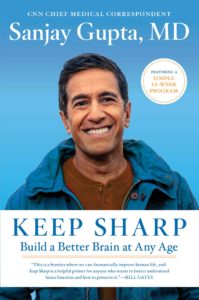 sleep, and in doing so, we can increase the power of our sleep to restore our bodies and our brains, if we become disciplined about making sleep a priority—right up there with diet and exercise as key pillars for maintaining good health.
sleep, and in doing so, we can increase the power of our sleep to restore our bodies and our brains, if we become disciplined about making sleep a priority—right up there with diet and exercise as key pillars for maintaining good health.
Dr. Sanjay Gupta, a neurosurgeon, medical reporter for CNN, and author of the new book "Keep Sharp: Build a Better Brain at Any Age" has some interesting perspectives on sleep and excellent tips we can all benefit from, which I think are helpful to share.
RELATED: 5 Things Getting In The Way Of A Good Night’s Sleep
Sleep Myths and Sleep Benefits
We often hear about entrepreneurs and celebrities proudly crowing about how they can get by on only four hours of sleep a night.
According to Dr. Gupta, if they do, they are at a high risk of health challenges down the road. These include dementia, depression, mood disorders, memory problems, heart disease, high blood pressure, weight gain, fall-related injuries, and cancer.
Lack of sleep is no merit badge. Your body and brain can’t be fooled. They both need rest to reset their functions.
What I found most interesting is the myth that the body is on pause when we go to sleep. Far from it. It is restoring and replenishing all of our systems from the brain to the heart, the immune system, and everything related to our metabolism.
This is important because I used to think I could catch up on a lack of sleep during the week on weekends—but you can’t. The body and brain need nightly restoration.
Dr. Gupta says that’s when the body heals tissues, clears toxins from the brain, strengthens memory, and even grows. And guess what—the brain can grow brain neurons while we sleep, even as we age!
Sufficient sleep helps you deal with stress, keeps you sharp, creative, attentive, and able to process information quickly; and even helps you drive safely.
Sleep Apnea and the link of sleep to Diabetes
Sleep apnea is one of the most prevalent sleep disorders. This happens when tissues in the back of the throat get blocked, and a person stops breathing for ten seconds to a minute or more. Sleep apnea lowers oxygen levels, can dangerously affect the heart, and can happen many times a night.
There are treatments but getting diagnosed is key. Luckily things like Apple watches and Fitbit can track your sleep patterns so you can discuss them with your health professional.
Both my parents suffered from diabetes and dementia. A study in 2017 with 18,000 adults charted that getting less than six hours of sleep a night increased the risk of those with prediabetes to go to full-blown diabetes by 44 percent. And it went up to 68 percent with less than five hours a night. Evidence shows a clear link between diabetes and brain health. Trust me, I am getting my sleep on now for sure, and the tips below can help.
RELATED: Are You Getting Enough Sleep?
Dr. Gupta’s Top Ten Tips for Better Sleep
- Stick to a schedule and avoid long naps. Get up at the same time every day weekends and holidays included. This helps set your body clock to a rhythm.
- Don’t be a night owl. Your best deep sleep occurs before midnight. As you age, you may go to bed earlier and wake up earlier, but still, get those hours in.
- Wake up to early morning light. Exposing your eyes to sunlight first thing in the morning also helps set your body clock.
- Get moving. Regular physical activity promotes good sleep and helps maintain an ideal weight, which also can improve sleep.
- Watch what you eat and drink. Avoid caffeine after lunch and don't eat or drink three hours before bed to keep from going to the bathroom. Heavy meals and alcohol can disrupt restorative deep sleep.
- Mind your medicines. Some prescriptions and over-the-counter meds contain caffeine and other stimulants. See if you can take them earlier in the day if you must take them.
- Cool, quiet and dark. Ideal sleeping temperature is between 60 and 67 degrees. Sleep in the dark and turn off your electronic devices.
- Eliminate electronics. Yes, all electronics! TV’s, phones, tablets, laptops. Their blue wavelengths suppress hormones needed for sleep and stimulate alert centers in the brain. Not good at all.
- Establish bedtime rituals. 30 minutes to an hour before bedtime, wind it down. Warm baths, soothing music, essential oils, cozy nightclothes—letting your body know it’s time to sleep is good.
- Know the warning signs. Sleep disorder symptoms include persistent trouble falling/staying asleep; frequent snoring; persistent daytime sleepiness; grinding your teeth; waking with a headache or aching jaws. Time to see your doctor.
I hope you’ve found this article helpful. Sleep is not something we can get to when we get around to it. Make it a priority for your health.
So, get your ZZZZZs in, and have a good night!

